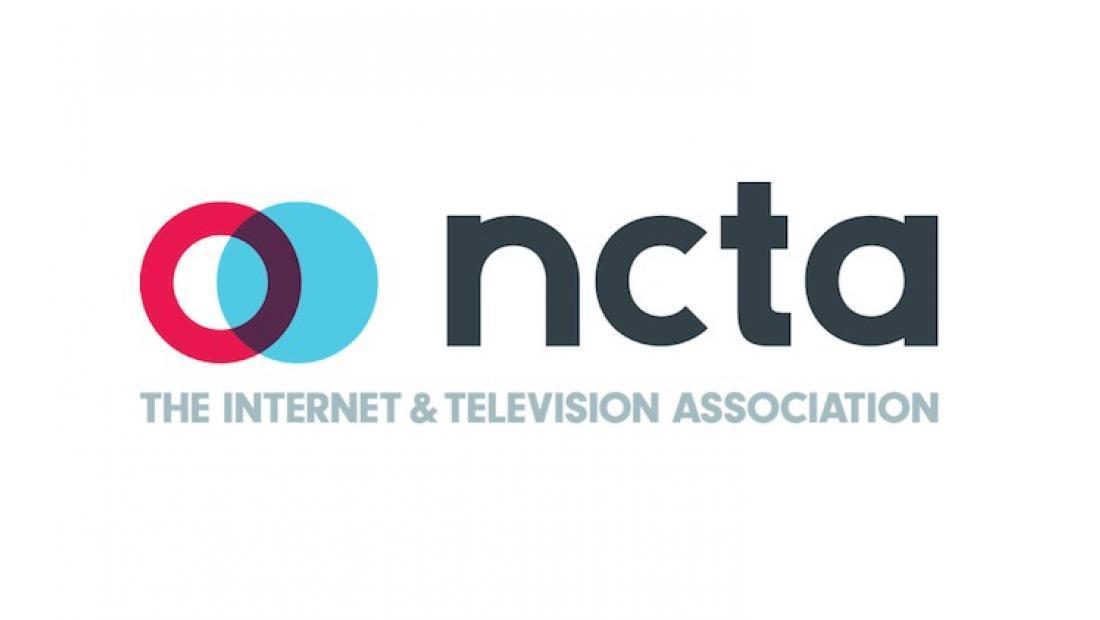NCTA: Biden Broadband Bucks Should Not Favor Government Nets
Said those nets are risky, should have to partner with experienced operators

The smarter way to stay on top of broadcasting and cable industry. Sign up below
You are now subscribed
Your newsletter sign-up was successful
Cable broadband operators are OK with most of the Treasury Department's framework for handing out billions of dollars in broadband deployment and adoption funds via the state and local COVID-19 Fiscal Recovery Funds in the American Rescue Plan, but definitely not prioritizing government owned or operated networks when it comes to handing out that money.
Treasury sought public input on the framework and NCTA-The Internet & Television Association gave them an earful on that score.
Also Read: Warner Says Virginia Will Be Among First with Universal Broadband
While NCTA said there could be limited circumstances--where there is insufficient business case for any private capital to build out--but a blanket priority for government nets should be off the table.
NCTA's bottom line: Leave it to the professionals. "Constructing, managing, and upgrading a broadband network is a complex undertaking requiring enormous funds and experience," it told Treasury.
It said studies show that government nets are financially risky and without "massive" ongoing investment beyond that of building out don't result in lower consumer prices, one of the Biden Administration's priorities.
NCTA also said local governments have "unfair" advantages that private companies don't have, like preferential access to rights of way, exemption from pole attachment rules, borrowing money at below market rates or taxing residents to cover operational shortfalls.
Also Read: ACAC Says Treasury Should Not Play Favorites with Rescue Bucks
NCTA said Treasury should instead encourage public-private partnerships rather than government nets, especially when there are private companies ready and willing to enter such partnerships and deliver the requisite services.
If the money does go to government nets, they should be required to compete fairly, it told Treasury, which NCTA said should ensure that a government net:
1. "Does not exercise regulatory, legislative, or other governmental functions;
Does not receive favored treatment for use of the public rights of way and/or access to utility poles;
2. "Complies in full with all of the legal requirements applicable to private sector
providers of broadband service;
3." Establishes safeguards to prevent the cross-subsidization of such ventures through the use of taxpayer funds or obtaining credit in reliance on the government entity’s taxing authority; and
4. "Is prohibited from bundling broadband with other municipal services."
The smarter way to stay on top of broadcasting and cable industry. Sign up below
Contributing editor John Eggerton has been an editor and/or writer on media regulation, legislation and policy for over four decades, including covering the FCC, FTC, Congress, the major media trade associations, and the federal courts. In addition to Multichannel News and Broadcasting + Cable, his work has appeared in Radio World, TV Technology, TV Fax, This Week in Consumer Electronics, Variety and the Encyclopedia Britannica.

